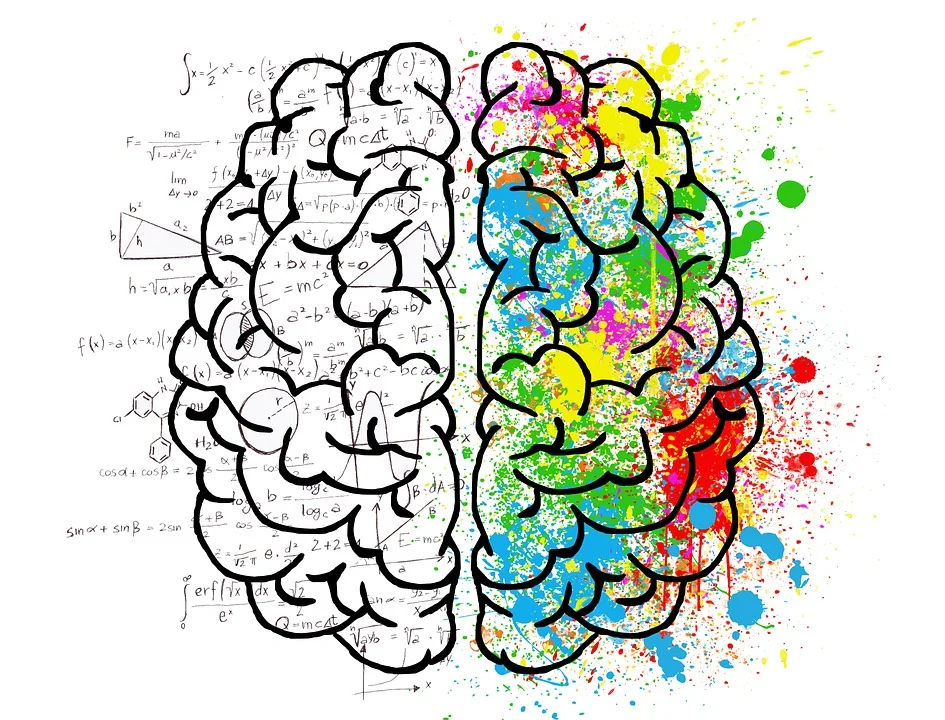Hypertension, commonly known as high blood pressure, is a major health concern that affects millions of people worldwide. It can lead to serious health complications, such as heart disease, stroke, and kidney failure. While there are medications available to treat hypertension, making lifestyle changes is essential in preventing and managing this condition.
Eating a Healthy Diet
One of the most effective ways to prevent hypertension is by maintaining a healthy diet. Consuming foods that are low in salt, saturated fats, and cholesterol can help lower blood pressure levels. Opt for a diet rich in fruits, vegetables, whole grains, and lean proteins. Limit your intake of processed foods, sugary beverages, and salty snacks.
Regular Exercise
Regular physical activity is crucial for preventing hypertension. Aim for at least 30 minutes of moderate-intensity exercise most days of the week. This can include activities such as walking, jogging, swimming, or cycling. Exercise helps lower blood pressure, improve heart health, and reduce stress levels.
Managing Stress
Chronic stress can contribute to high blood pressure levels. Finding healthy ways to manage stress, such as practicing mindfulness, yoga, or meditation, can help prevent hypertension. Make time for activities that help you relax and unwind, such as reading, listening to music, or spending time in nature.
Maintaining a Healthy Weight
Being overweight or obese is a risk factor for hypertension. Maintaining a healthy weight through a combination of diet and exercise is essential for preventing this condition. Aim to achieve and maintain a body mass index (BMI) within the normal range. Consult with a healthcare provider or a nutritionist for personalized guidance on weight management.
Limiting Alcohol and Caffeine Intake
Excessive alcohol consumption can raise blood pressure levels and increase the risk of hypertension. Limit your alcohol intake to moderate levels, which is defined as one drink per day for women and two drinks per day for men. Similarly, consuming too much caffeine can also lead to high blood pressure. Limit your intake of caffeinated beverages, such as coffee and tea.
Getting an Adequate Amount of Sleep
Quality sleep plays a crucial role in maintaining overall health, including blood pressure regulation. Aim for at least 7-9 hours of sleep each night. Establish a regular sleep schedule, create a relaxing bedtime routine, and create a comfortable sleep environment. If you have trouble sleeping, consult with a healthcare provider for guidance on improving your sleep quality.
Monitoring Blood Pressure Levels
Regular monitoring of blood pressure levels is essential for early detection and management of hypertension. Be sure to check your blood pressure regularly, either at home or at a healthcare provider’s office. Keep track of your readings and discuss them with your healthcare provider to develop a personalized plan for preventing hypertension.
Conclusion
Preventing hypertension requires a comprehensive approach that includes making lifestyle changes to improve overall health. By eating a healthy diet, staying physically active, managing stress, maintaining a healthy weight, limiting alcohol and caffeine intake, getting enough sleep, and monitoring blood pressure levels, you can significantly reduce your risk of developing hypertension. Consult with a healthcare provider for personalized guidance on preventing and managing hypertension through lifestyle changes.
Stay proactive about your health and make positive lifestyle changes to prevent hypertension and live a healthier, happier life.
